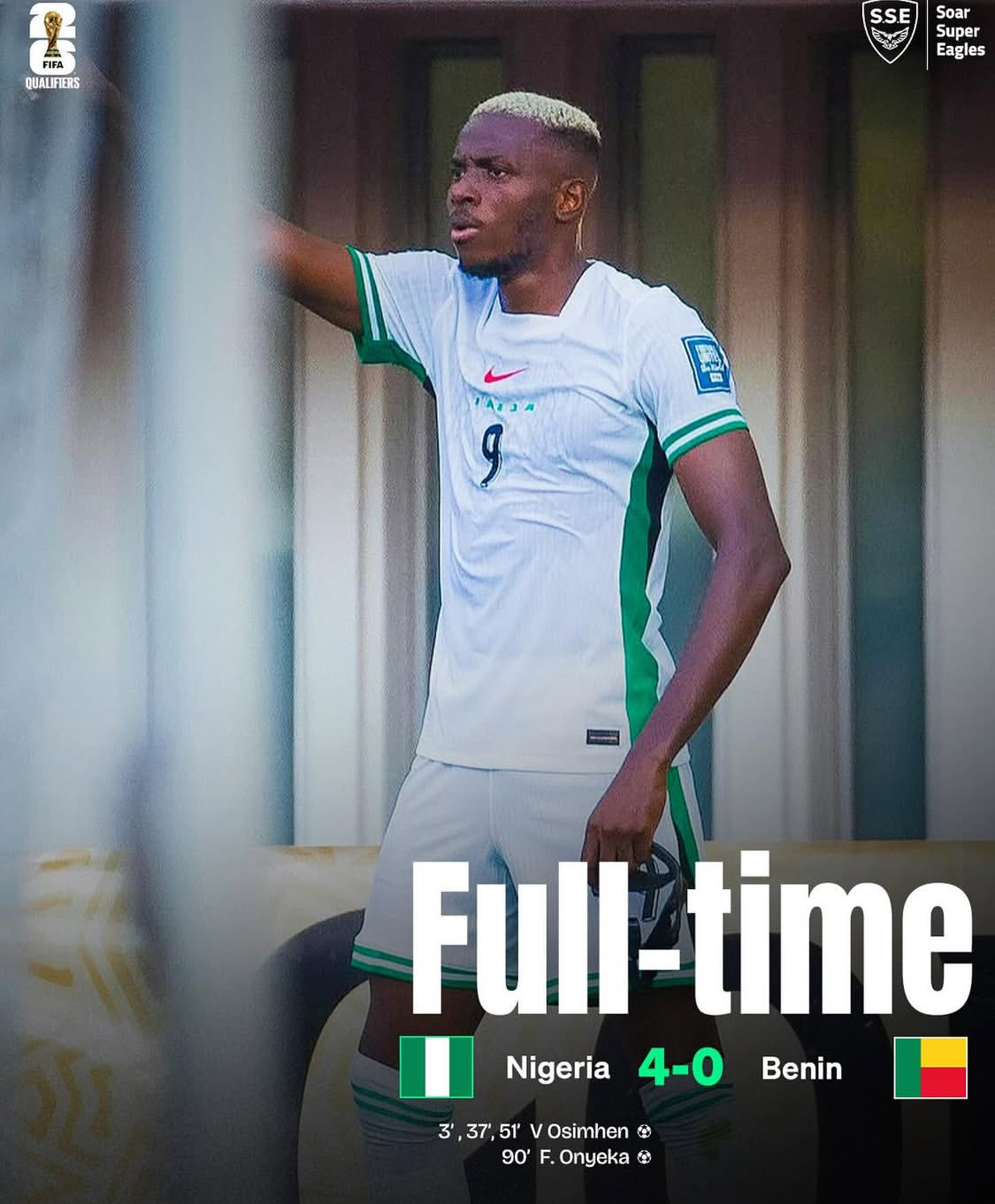
“Don’t Put a 6-Year-Old in a Keke Alone” – Influencer Pamilerin Adegoke Raises Alarm on Child Safety in Nigeria

From the desk of popular Nigerian influencer and media personality Pamilerin Adegoke, better known on social media as Uncle Pamilerin, comes a statement that has ignited conversation across online platforms and among concerned parents. In a nation where insecurity, poor transportation systems, and daily struggles intersect, his words strike a deep chord with many Nigerians who understand the risks of raising children in an unpredictable environment. Pamilerin, who is well-known for using his platform to address social issues beyond entertainment, took to X (formerly Twitter) to caution parents about the dangers of putting very young children into commercial tricycles, popularly known as keke, alone. His tweet read: “Allow your children attend a nearby school, if you don’t have means of transport, putting a 6yrs in keke alone is risky.”
This short but powerful message has since spread widely, sparking debates, personal stories, and an urgent call to reassess how Nigerian society protects its most vulnerable population: its children. For many Nigerians, especially those in crowded cities like Lagos, Port Harcourt, or Abuja, the sight of schoolchildren boarding public transport on their own is not new. Economic realities, long working hours, and limited access to nearby schools often leave parents with little choice but to send their children unaccompanied to school. But Pamilerin’s words reawaken a lingering fear that every parent carries silently—the fear of what could go wrong. In a society battling rising insecurity, frequent cases of child abduction, reckless driving, and even reports of children being molested in public spaces, his reminder cuts through the noise of everyday struggles with a sobering truth.
The conversation quickly gained traction, with many users recounting their own childhood experiences and the evolving dangers of public transportation. Some older Nigerians shared how, decades ago, children as young as five or six would trek to school or take local transport without fear, as communities were tighter, trust levels higher, and crime rates relatively lower. But as many pointed out, today’s Nigeria is not yesterday’s Nigeria. Parents now grapple with the reality of child kidnappings for ransom, ritual killings, and stories of children being lost or harmed in transit. The safety net that once existed within communities has eroded, leaving parents no longer able to rely on neighbors or commercial drivers to look out for their children.
Pamilerin’s warning also touches on the broader conversation about the state of education in Nigeria. Many families live far from good schools due to uneven development and poor distribution of quality education infrastructure. In urban areas, some parents who cannot afford private schools or transportation fees are forced to enroll their children in schools several miles away. For those living on minimum wage or struggling with rising costs of living, hiring private school buses or drivers is a luxury they cannot dream of. The alternative often becomes placing a child in a tricycle or bus, handing them transport money, and praying fervently for their safe return each day. It is in this context that Pamilerin’s statement resonates as both a warning and an indictment of the systemic failures that place children in harm’s way.
Critics of his statement argue that his words, though true, come from a place of privilege. Some pointed out that not every parent has the financial means to relocate closer to a school or to choose the “nearby” option. In many rural and semi-urban areas, the nearest government school could be several kilometers away, with poorly maintained roads and unsafe walking paths. For such families, public transport remains the only option, no matter how dangerous. Yet, even these critics agree with the underlying message: a six-year-old child is far too young to navigate the dangers of Nigerian roads alone. Supporters, on the other hand, praised Pamilerin for raising a conversation that parents sometimes avoid out of necessity. They argued that while economic constraints are real, no situation should justify putting a child in harm’s way. To them, his words were not an attack but a desperate plea for parents to prioritize safety above convenience.
Beyond the emotional responses, security experts and child protection advocates have also weighed in on the debate. They highlight that child safety in Nigeria requires a multi-layered approach, involving government policies, community participation, and parental responsibility. Suggestions have been made for local governments to provide safe, affordable school buses in every district, particularly targeting low-income areas where parents cannot afford private alternatives. Others argue that communities need to revive the culture of collective responsibility, where parents can create carpooling arrangements or take turns accompanying children to school. Child rights organizations emphasize that even when financial struggles are overwhelming, parents must explore safer options rather than exposing children to risks that could have lifelong consequences.
Pamilerin himself has not released further statements beyond his original tweet, but the ripple effect continues to grow. His role as an influencer has once again highlighted how powerful social media can be in shaping public discourse. What began as a short tweet has evolved into a nationwide debate about parenting, safety, and the state of Nigerian society. It is a reminder that in today’s digital age, influencers are not just entertainers but also opinion leaders whose words can mobilize communities, challenge societal norms, and sometimes pressure policymakers to act.
As Nigerians continue to share their opinions, one thing remains clear: Pamilerin has sparked an uncomfortable but necessary conversation. The dangers children face daily while navigating the chaos of Nigerian transportation systems are undeniable. It is not just about tricycles or buses; it is about the absence of structures that guarantee the safety of schoolchildren in one of Africa’s largest economies. From reckless keke drivers to the constant fear of kidnappers, the reality is that children face dangers no six-year-old should ever encounter on their way to school.
The debate now shifts to action. Will parents take heed of Pamilerin’s warning and find safer alternatives? Will communities rally to protect children in transit? Will the government finally prioritize affordable, accessible, and safe school transportation systems? Or will his words be another fleeting moment in the endless cycle of online conversations that rarely translate into real-world change? For now, what remains etched in the minds of many Nigerians is the haunting image of a little child, barely old enough to tie their shoelaces properly, sitting alone in a noisy keke, clutching their school bag, and trusting that they will get home safe.
Pamilerin’s caution is not just about transportation—it is about the value placed on children’s lives in Nigeria. It is a call to parents, communities, and the government to remember that protecting the youngest and most vulnerable is not optional; it is the foundation of any society that hopes to thrive. And perhaps, as this conversation continues, more parents will pause before handing their six-year-old some transport fare and pushing them into a waiting tricycle. In that pause, in that moment of reconsideration, lies the possibility of saving a child’s life.


